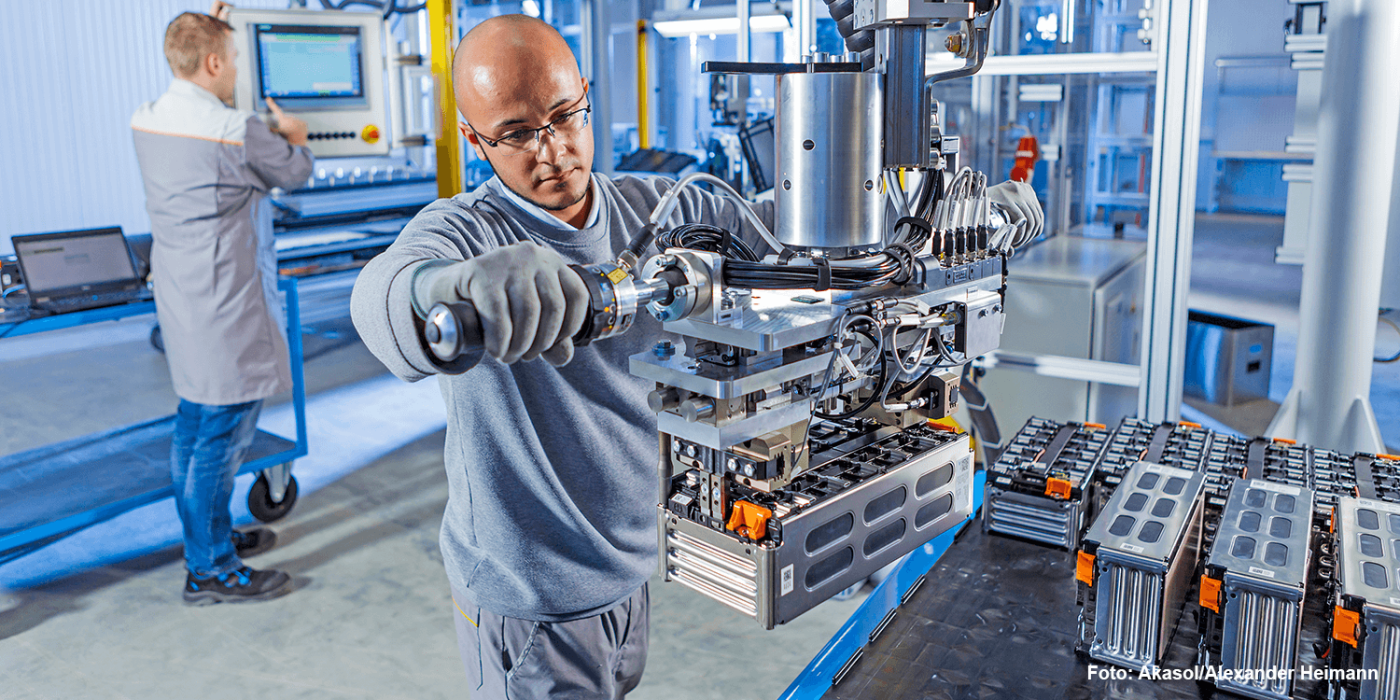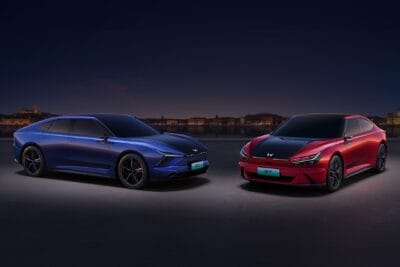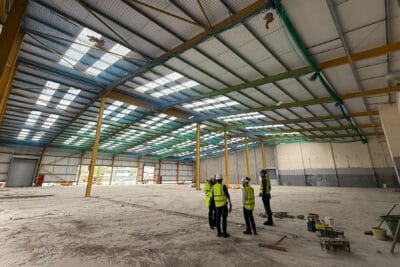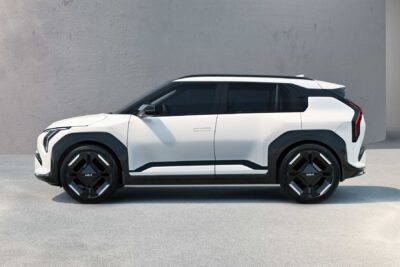Akasol making better batteries for eCitaro by Daimler
Germany’s Akasol has got to work on the next generation of power packs for Daimler’s eCitaro electric bus. The next-gen batteries shall stay the same size but deliver 330 kWh rather than the initial 243 kWh. Series production will begin in 2020.
It has been only a week since Mercedes-Benz unveiled the eCitaro in Berlin reportedly. Already at the premiere Daimler had spoken of innovations in battery technology, naming both better batteries as well as fuel cells.
Now Akasol has started to work on said better batteries, aiming for 330 kWh without changing the size of the packs. The eCitaro features a modular battery set up with each pack contributing around 25 kWh to the total capacity. At the moment, the number of modules can be increased to up to ten, resulting in 243 kWh.
The second generation of battery packs will store 33 kWh each. This results in a 35 per cent increase, while maintaining the same constructed space, weight and upwards compatibility. According to Daimler Buses the 330 kWh set up will increase the vehicle’s range to about 200 kilometres.
Akasol’s CEO went into more detail saying: “In addition to improved battery cells many other small optimisations, for instance in the battery management system and the mechanical architecture, contribute to the improvements of the second-generation systems”.
Both generations of the battery system are able to charge rapidly at up to 300 kilowatt. They also supply energy to electrical systems such as air conditioning. Akasol uses water-cooling to stabilise the batteries at 25 degrees Celsius in all climates. The battery systems are partly mounted on the roof, partly in the rear of the electric bus.
Schulz added he considers this a “long-term” partnership and also Daimler had stressed the future-safety of their system at the eCitaro launch.
Serial production of the first-generation battery system will begin in Langen (Hesse, Germany) as planned. The facility with an annual capacity of 300 MWh is Europe’s largest production plant for commercial vehicle battery systems, according to Akasol. They are currently capable of producing battery systems for up to 1,500 fully electric buses or, up to 6,000 commercial vehicles per year. They plan to expand the plant to 600 MWh by 2020.





0 Comments